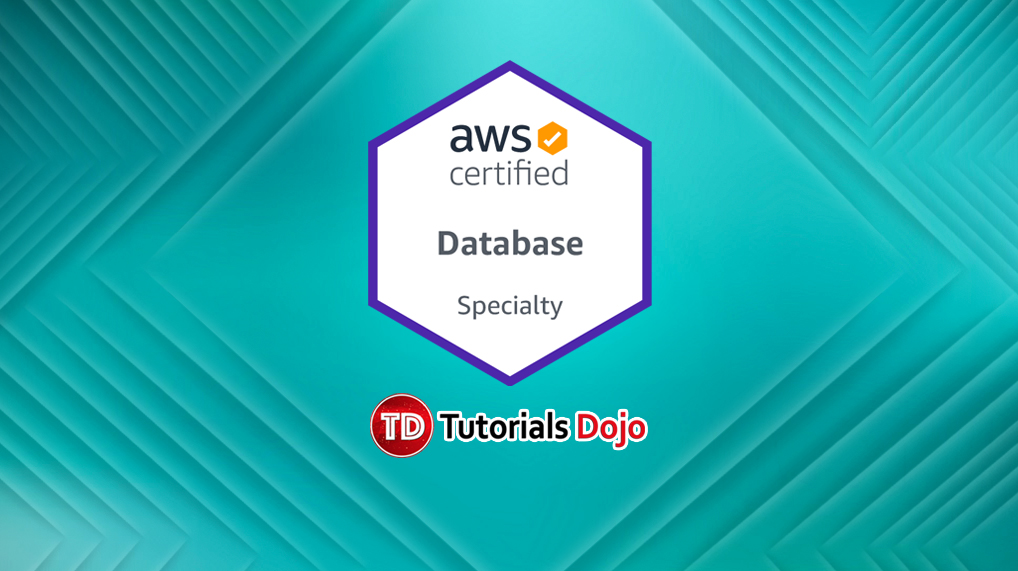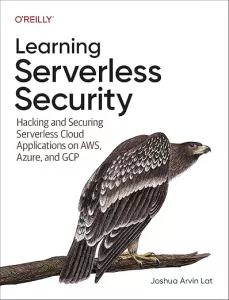Last updated on April 10, 2023
|
Redis (cluster mode enabled) |
Redis (cluster mode disabled) |
Memcached |
|
|
Data Types |
string, sets, sorted sets, lists, hashes, bitmaps, hyperloglog, geospatial indexes |
string, sets, sorted sets, lists, hashes, bitmaps, hyperloglog, geospatial indexes |
string, objects (like databases) |
|
Data Partitioning (distribute your data among multiple nodes) |
Supported |
Unsupported |
Supported |
|
Modifiable cluster |
Only versions 3.2.10 and later |
Yes |
Yes |
|
Online resharding |
Only versions 3.2.10 and later |
No |
No |
|
Encryption |
3.2.6, 4.0.10 and later |
3.2.6, 4.0.10 and later |
Unsupported |
|
Sub-millisecond latency |
Yes |
Yes |
Yes |
|
FedRAMP, PCI DSS and HIPAA compliant |
3.2.6, 4.0.10 and later |
3.2.6, 4.0.10 and later |
No |
|
Multi-threaded (make use of multiple processing cores) |
No |
No |
Yes |
|
Node type upgrading |
No |
Yes |
No |
|
Engine upgrading |
Yes |
||
|
Cluster replication (create multiple copies of a primary cluster) |
Supported |
Supported |
Unsupported |
|
Multi-AZ for automatic failover |
Required |
Optional |
Unsupported |
|
Transactions (execute a group of commands as an isolated and atomic operation) |
Supported |
Supported |
Unsupported |
|
Pub/Sub capability |
Yes |
Yes |
No |
|
Backup and restore (keep your data on disk with a point in time snapshot) |
Supported |
Supported |
Unsupported |
|
Lua Scripting (execute transactional Lua scripts) |
Supported |
Supported |
Unsupported |
|
Use case |
|
|
|
Note: If you are studying for the AWS Certified Database Specialty exam, we highly recommend that you take our AWS Certified Database – Specialty Practice Exams and read our Database Specialty exam study guide.
References:
https://docs.aws.amazon.com/AmazonElastiCache/latest/mem-ug/SelectEngine.html
https://aws.amazon.com/elasticache/redis-vs-memcached/
https://docs.aws.amazon.com/AmazonElastiCache/latest/red-ug/Replication.Redis-RedisCluster.html



















